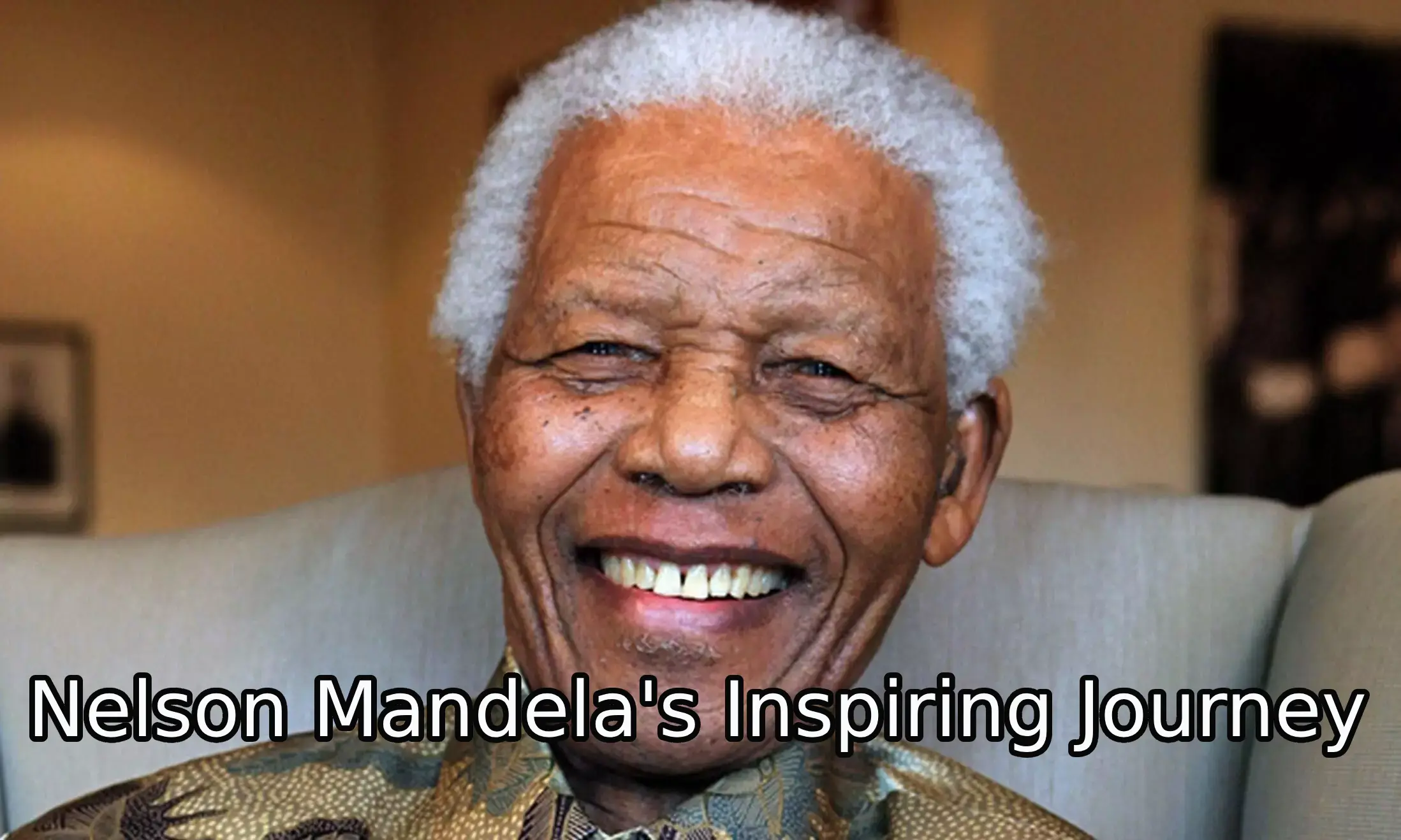Nelson Mandela’s Inspiring Journey: From Activist to President in 5 Key Milestones, a Legacy of Equality and Hope
Explore the extraordinary journey of Nelson Mandela, from his early activism against apartheid to becoming South Africa’s first black president. Learn about his legacy of equality, justice, and reconciliation that continues to inspire millions worldwide.Continue Reading
